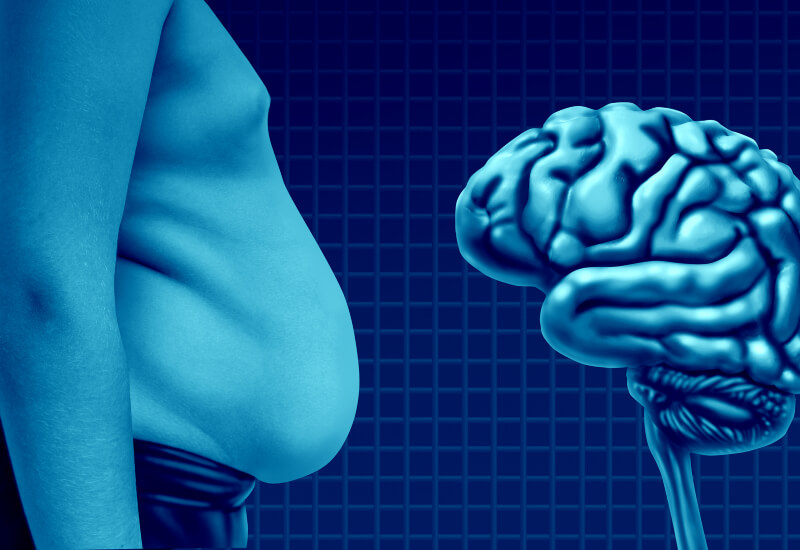Does a Poor Diet Affect Your Mental Health?
The food you eat has a significant impact on your physical health, but did you know that it also affects your emotional health? It’s true. The connection between diet and mental health is undeniable, as certain foods and diets can either promote or hinder our mood, cognitive function, and overall wellness. In this blog post, we’ll explore the relationship between nutrition and mental health and discuss how a poor diet can negatively impact health.
Lack of Nutrients and Mental Health
Eating a poor diet can leave you lacking the nutrients necessary for optimal brain performance. Nutrients like omega-3 fatty acids, vitamin B, magnesium, and zinc, are essential for brain function, neurotransmitter function, and stress response. For example, omega-3 fatty acids are essential for brain function and development, and studies have found that individuals with low levels of omega-3s are more susceptible to depression, and anxiety. Vitamin B12, on the other hand, is necessary for the production of neurotransmitters, which are essential for mood regulation.
How Inflammation Affects Mental Health
A poor diet high in processed foods and sugar can contribute to inflammation in the body, which in turn negatively impacts mental health. Chronic inflammation has been linked to depression, anxiety, and cognitive decline. It can also disrupt neurotransmitter production, further contributing to mood disorders. In contrast, a balanced diet rich in fruits, vegetables, and whole grains highlights the strong connection between diet and mental health and supports overall well-being.
Gut Health and Mental Health
The gut-brain axis is a two-way communication system that influences mood, behavior, and brain function. An unhealthy diet can disrupt the gut microbiome, which can impact the communication between the gut and brain. Research shows that a healthy diet rich in fruits, vegetables, and fiber improves gut health and supports mental health.
High Blood Sugar Levels and Diet
Eating a diet high in sugar and refined carbohydrates can cause blood sugar levels to spike and crash, leading to mood swings, fatigue, and irritability. Over time, a poor diet can also contribute to insulin resistance, fueling inflammation and cognitive decline. In contrast, balanced meals with complex carbs, healthy fats, and protein stabilize blood sugar and promote better mental health.
Brain Plasticity and Diet
Studies have shown that our diet can impact brain plasticity, which is essential for learning, memory, and cognitive function. A diet high in saturated fat and sugar can negatively impact brain plasticity, contributing to cognitive decline and mood disorders. By contrast, diets rich in fruits, vegetables, and omega-3 fatty acids promote neuroplasticity and improve overall mental health, strengthening the evidence for the profound link between diet and mental health.
Let the Team at Pledge to Fitness Help You with Your Nutrition Goals!
Are you ready to take control of your nutrition and improve your overall health? At Pledge to Fitness in Bellaire, TX, we provide personlized nutrition coaching tailored to your unique needs. Our team meets you where you are and guides you step by step, helping you track habits and make sustainable changes that last.
With our support, you’ll gain the tools to fuel your body, boost your energy, and build long-term wellness. Don’t wait—take the first step toward better health today.



